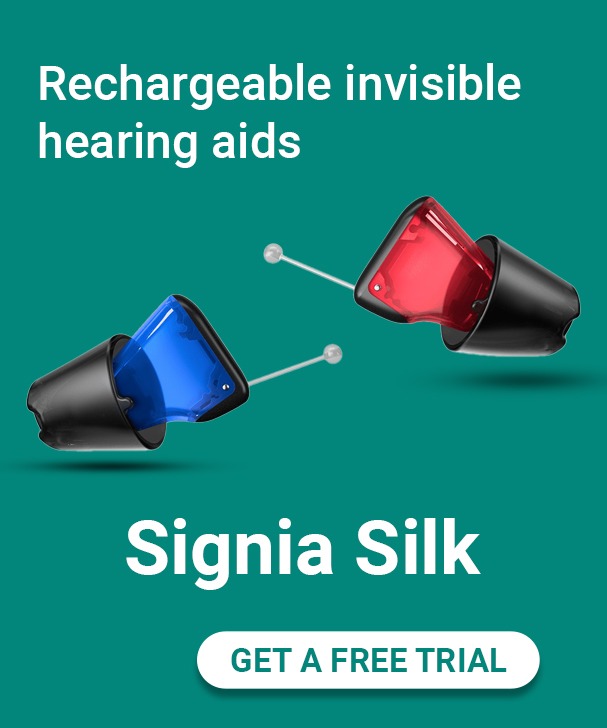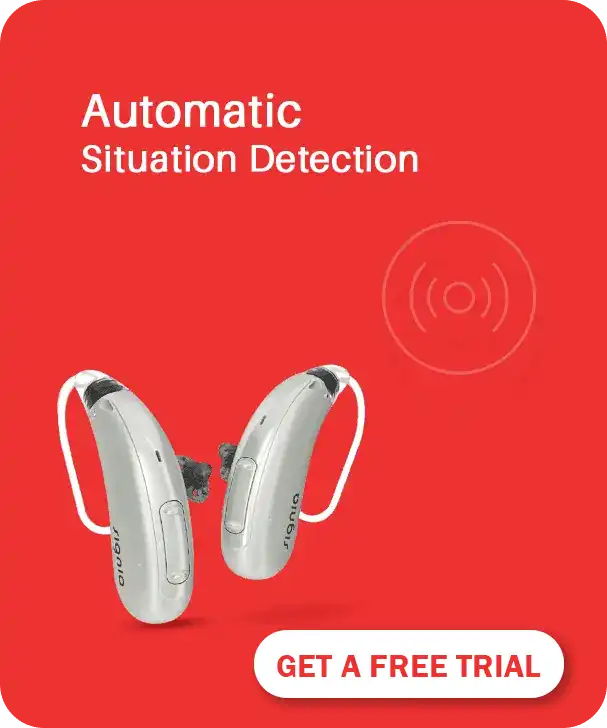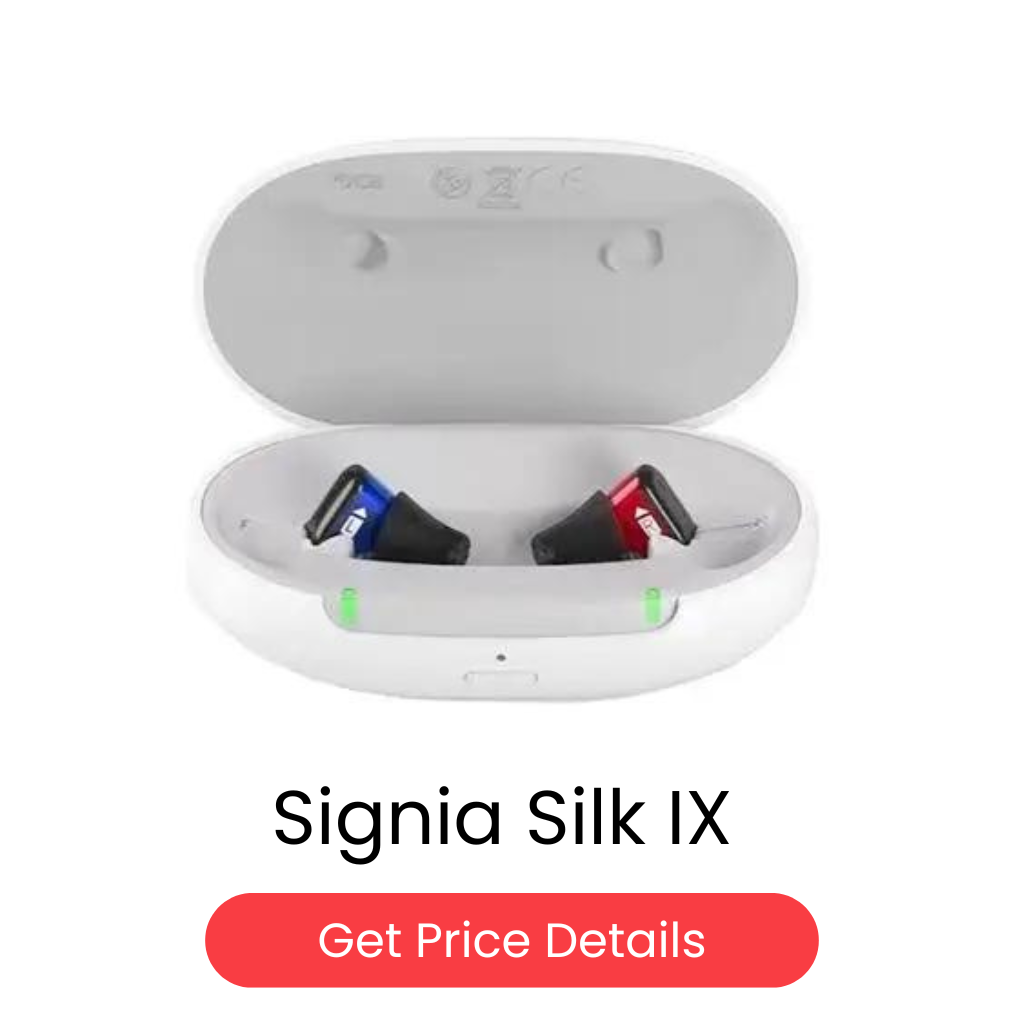Welcome to Akshar Clinic, Where We Pride Ourselves on Providing Premium Hearing Solutions to Our Valued Patients
Welcome to Akshar Clinic, where we pride ourselves on providing caring and premium Hearing Aid to our valued patients.
Book a Visit
Looking for Online Consultation
SIGNIA HEARING AIDS
Signia Hearing Aids Dealer in Lucknow
Signia Hearing Aid Price in India ranges from ₹17,999 and goes up to ₹7,09,990.
(With Upto 4 years of Warranty)
PHONAK HEARING AIDS
Phonak Hearing Aids Dealer in Lucknow
Phonak Hearing Aid Price in India starts from ₹17,999 and goes up to ₹4,16,000.
(With Upto 4 years of Warranty)
WIDEX HEARING AIDS
Widex Hearing Aids Dealer in Lucknow
Widex Hearing Aid Price in India ranges from ₹17,999 and goes up to ₹3,60,000.
(With Upto 4 years of Warranty)
STARKEY HEARING AIDS
Starkey Hearing Aids Dealer in Lucknow
Starkey Hearing Aid Price in India starts at ₹17,999 and goes up to ₹3,90,000.
(With Upto 4 years of Warranty)
RESOUND HEARING AIDS
ReSound Hearing Aids dealer in Lucknow
ReSound Hearing Aid Price in India starts at ₹17,999 and goes up to ₹7,79,995.
(With Upto 4 years of Warranty)
Frequently Asked Questions
Hearing loss is the reduced ability to perceive sounds compared to what is considered normal hearing. It can range from mild, moderate, severe, to profound, depending on the degree of loss. People with hearing loss may find it hard to hear conversations, especially in noisy environments, or they may miss out on certain sounds altogether.
Hearing loss can arise from various factors that affect the different parts of the ear and the hearing pathway. Here are the main causes:
1. Aging (Presbycusis)
- Description: Gradual hearing loss that occurs as people get older.
- Impact: Typically affects both ears and can make high-pitched sounds harder to hear.
2. Noise Exposure
- Description: Damage caused by prolonged exposure to loud sounds, such as industrial noise, loud music, or explosions.
- Impact: Can cause temporary or permanent hearing loss and often affects the ability to hear high-frequency sounds.
3. Ear Infections
- Description: Infections of the middle ear (otitis media) or outer ear (otitis externa).
- Impact: Can cause temporary conductive hearing loss due to fluid buildup or inflammation.
The impact of hearing loss is profound, affecting communication, social interactions, emotional well-being, and cognitive functions. It can lead to social isolation, depression, and anxiety due to difficulties in understanding conversations and participating in activities. In the workplace, it may hinder job performance and career advancement. Additionally, hearing loss poses safety risks as it may prevent individuals from hearing alarms or other warning sounds.
Hearing loss is classified into three main types: conductive, sensorineural, and mixed. Conductive hearing loss occurs when sound waves cannot pass through the outer or middle ear, often due to blockages or infections. Sensorineural hearing loss results from damage to the inner ear or auditory nerve, commonly due to aging or noise exposure. Mixed hearing loss is a combination of both conductive and sensorineural components, involving issues in both the outer/middle ear and the inner ear.
Treatment for hearing loss depends on its cause and severity. Conductive hearing loss can often be treated with medications or surgery to remove obstructions or correct ear structure issues. Sensorineural hearing loss is typically managed with hearing aids or cochlear implants to amplify sounds and improve hearing. Assistive listening devices and auditory rehabilitation programs can also support individuals in coping with hearing loss.
A hearing aid is a small electronic device that amplifies sound to assist individuals with hearing loss. It typically consists of a microphone to pick up sound, an amplifier to increase the sound volume, and a speaker to deliver the amplified sound into the ear. Hearing aids can significantly improve hearing and communication, enhancing the quality of life for those with hearing impairment.
Using hearing aids in both ears, known as binaural hearing, provides a more natural hearing experience. It enhances sound localization, improves understanding of speech in noisy environments, and reduces the effort required to listen. While a single hearing aid can help, it cannot provide the balanced hearing and spatial awareness achieved with two aids, which is crucial for optimal auditory processing and overall hearing health.
No, using a hearing aid will not further deteriorate your hearing power. In fact, hearing aids are designed to preserve your existing hearing by amplifying sounds to a comfortable level, which can prevent the auditory system from becoming less responsive. Regular use of hearing aids helps maintain auditory pathways and ensures that the brain continues to receive and process sound information effectively.
An audiologist is a healthcare professional specializing in diagnosing and treating hearing and balance disorders. They conduct hearing tests, assess the degree and type of hearing loss, and recommend appropriate treatments, including fitting and adjusting hearing aids. Audiologists also provide counseling and rehabilitation services to help individuals manage their hearing loss and improve their communication skills.
An audiologist is a trained healthcare professional with expertise in hearing and balance disorders, capable of diagnosing and treating hearing loss. They offer personalized hearing assessments and treatment plans. In contrast, a shopkeeper selling hearing aids typically does not have the medical training or expertise to diagnose hearing loss or provide tailored treatment. They mainly focus on the sale of hearing aids rather than comprehensive auditory care.
It is advisable to purchase your hearing aid from a qualified audiologist or a reputable hearing clinic. An audiologist can provide a thorough hearing assessment, ensure that the hearing aid is appropriately fitted and programmed to your specific needs, and offer ongoing support and adjustments. This professional guidance ensures that you receive the most effective treatment for your hearing loss.
Purchasing your hearing aid from an experienced audiologist is highly recommended over a discount-oriented shop. While discount shops may offer lower prices, they often lack the professional expertise needed for accurate diagnosis, proper fitting, and personalized adjustments. An experienced audiologist provides comprehensive care, ensuring that your hearing aid is tailored to your specific hearing needs and delivers the best possible outcomes.
Audiometry should be done at a clinic to ensure accurate and reliable results. Clinical settings are equipped with specialized soundproof booths and calibrated equipment that provide precise measurements of hearing levels. Professional audiologists conduct these tests, interpret the results, and recommend appropriate treatment. Home environments lack the controlled conditions necessary for accurate audiometry, which can lead to incorrect diagnoses and ineffective treatments.
FAQS related to children with hearing loss
Early use of hearing devices is crucial for language and speech development. Even very young children can benefit from hearing aids, which help them access sounds and develop communication skills from an early age.
Early use of hearing devices is crucial for language and speech development. Even very young children can benefit from hearing aids, which help them access sounds and develop communication skills from an early age.
Hearing devices amplify sound, but children with hearing loss often need additional support to develop listening and spoken language skills. Speech therapy helps them learn how to interpret and use the sounds they hear.
Hearing devices amplify sound, but children with hearing loss often need additional support to develop listening and spoken language skills. Speech therapy helps them learn how to interpret and use the sounds they hear.
Cochlear implants can be considered for children as young as 12 months. Early implantation can provide access to sounds during critical periods of language development, leading to better outcomes.
Hearing aids are used to assess the child’s hearing levels and to provide auditory stimulation before surgery. They are also important for bilateral hearing if the cochlear implant is only on one side.

























